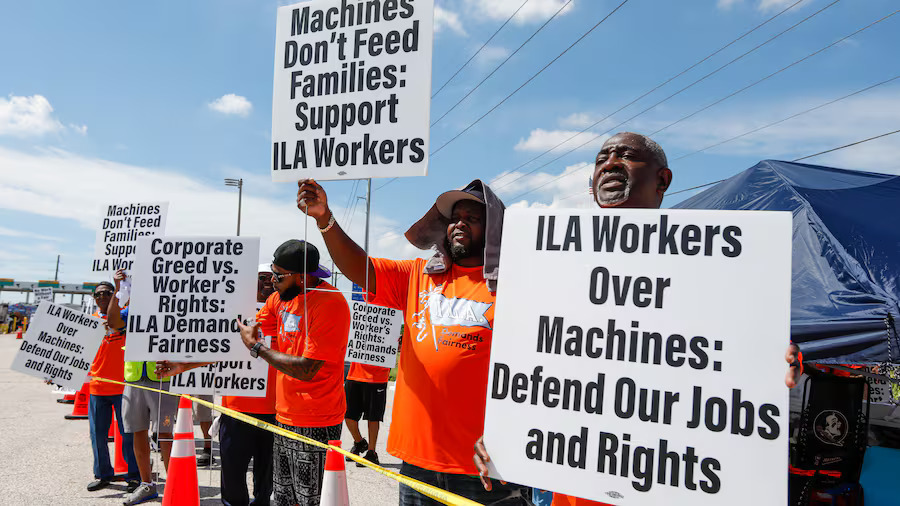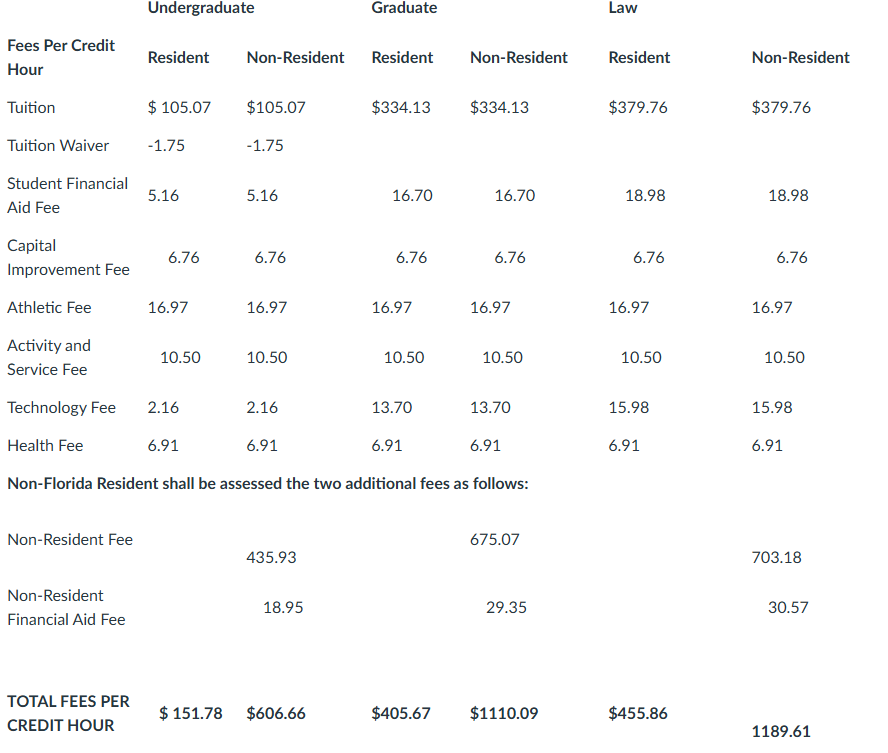On Oct. 1, tens and thousands of port workers across the U.S. went on strike indefinitely over unfair wage contracts and the use of automated equipment. This historic event threatened inflation resurgence and shortages of goods. With over 36 ports affected, including the Port of New York and New Jersey, this strike marked the first shutdown since 1977.
Members of the International Longhorsemen’s Association (ILA) walked out at the Port of Philadelphia when the contract expired on Sept. 30 around midnight, chanting “No work without a fair contract,” and a truck slogan reading, “Automation Hurts Families: ILA Stands For Job Protection,” according to AP News.
Differences in contract negotiations between the ILA, representing over 45,000 port workers, and the United States Maritime Alliance (USMX) employer group caused the strike. In the previous six-year contract, wages ranged from $20 to $39 per hour based on worker experience and included other benefits, like bonuses connected to container trade.
To mitigate the strike, USMX offered to increase worker wages in a statement: “Our current offer of a nearly 50% wage increase exceeds every other recent union settlement while addressing inflation and recognizing the ILA’s hard work to keep the global economy running.”
However, ILA president Harold Dagget called for a 77% wage increase, including a $5 per hour raise for each year of the six-year contract to cover inflation costs of the COVID-19 pandemic.
“We are prepared to fight as long as necessary, to stay out on strike for whatever period of time it takes, to get the wages and protections against automation our ILA members deserve,” Daggett said on Tuesday.
According to the U.S. Bureau of Labor Statistics, the cost of imports to the U.S. during the COVID-19 pandemic increased drastically, almost seven times higher than before. Shipping boomed during the pandemic, causing shipping costs to account for roughly 3.6 and 5.9 percent of import price inflation.
President Joe Biden urged USMX to comply with the ILA’s demands to ensure adequate payment to workers in an issued statement from the White House.
“Ocean carriers have made record profits since the pandemic, and in some cases, profits grew in excess of 800 percent compared to their profits prior to the pandemic,” Biden said. “It’s only fair that workers, who put themselves at risk during the pandemic to keep ports open, see a meaningful increase in their wages as well.”
After three days of the strike, port workers returned to work on Friday.
The ILA and USMX reached a tentative agreement to increase wages by 61.5% over six years until Jan. 15, 2025, to continue contract negotiations, according to CNBC.
President Biden praised the agreement between the two parties in a statement by the White House.
“I congratulate the dockworkers from the ILA, who deserve a strong contract after sacrificing so much to keep our ports open during the pandemic,” he said. “Collective bargaining works, and it is critical to building a stronger economy from the middle out and the bottom up.”
However, various challenges still present themselves as threats to contract negotiations and the future of the ports under USMX management.
At least 45 containers of imported goods are queued in the East Coast and Gulf Coast ports, preventing workers from unloading the crates and threatening shortages in certain items like fruits and auto parts. Additionally, thousands of containers have been lost at sea, which could cause further shortages.
Automation of ports remains a critical issue for the ILA and USMX. ILA is committed to using stricter language regarding automation at ports.
“The ILA negotiated restrictions on automation and semi-automation in the last contract. The ILA just wants to tighten the language that no automation means no automation,” the union said in a statement.
In a video statement, Dennis Dagget, the executive vice president of ILA, called automation “a cancer,” believing that machinery should not replace human jobs.
“It doesn’t matter if they pay us $100 an hour; we will not have jobs in the future,” he said.














